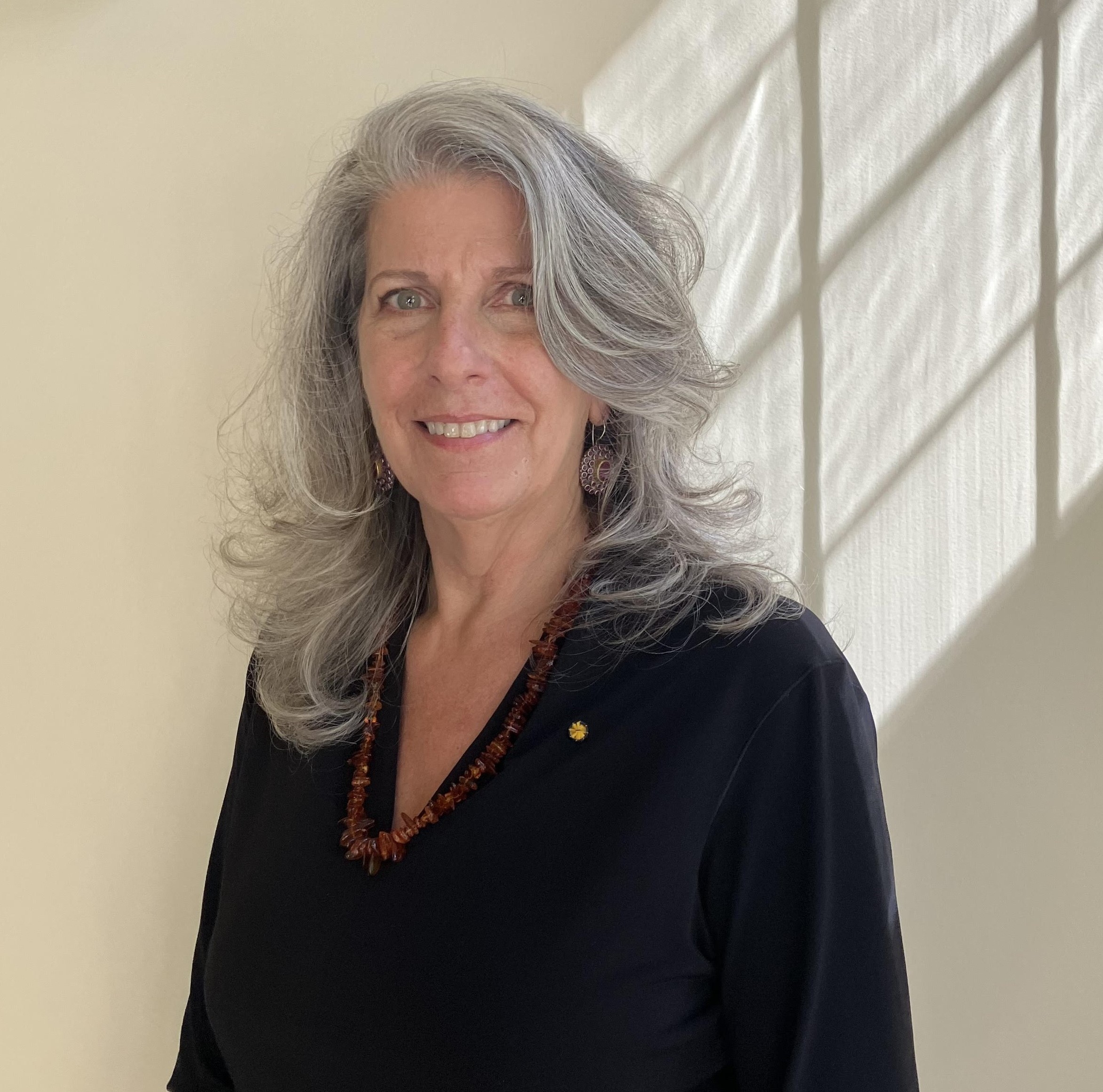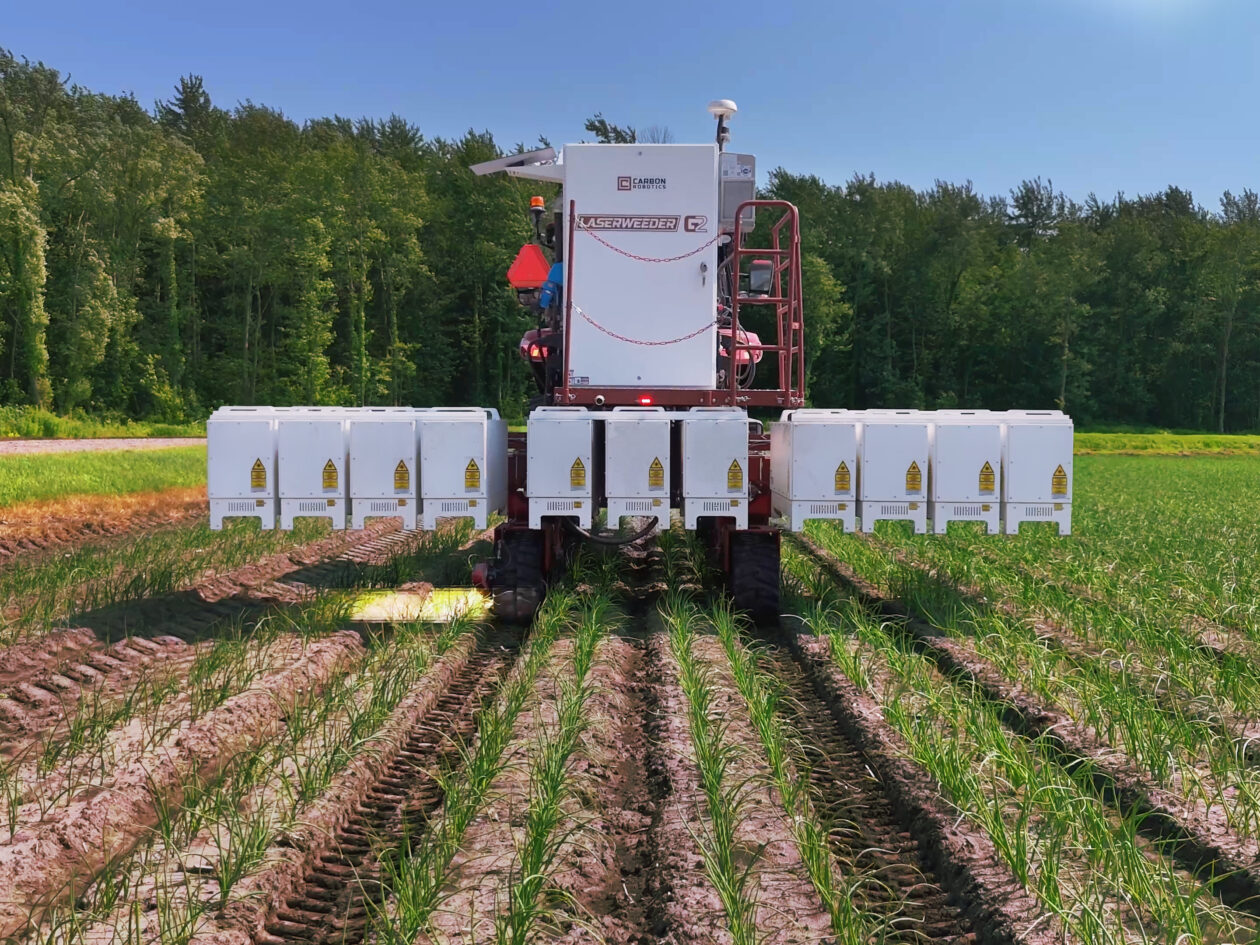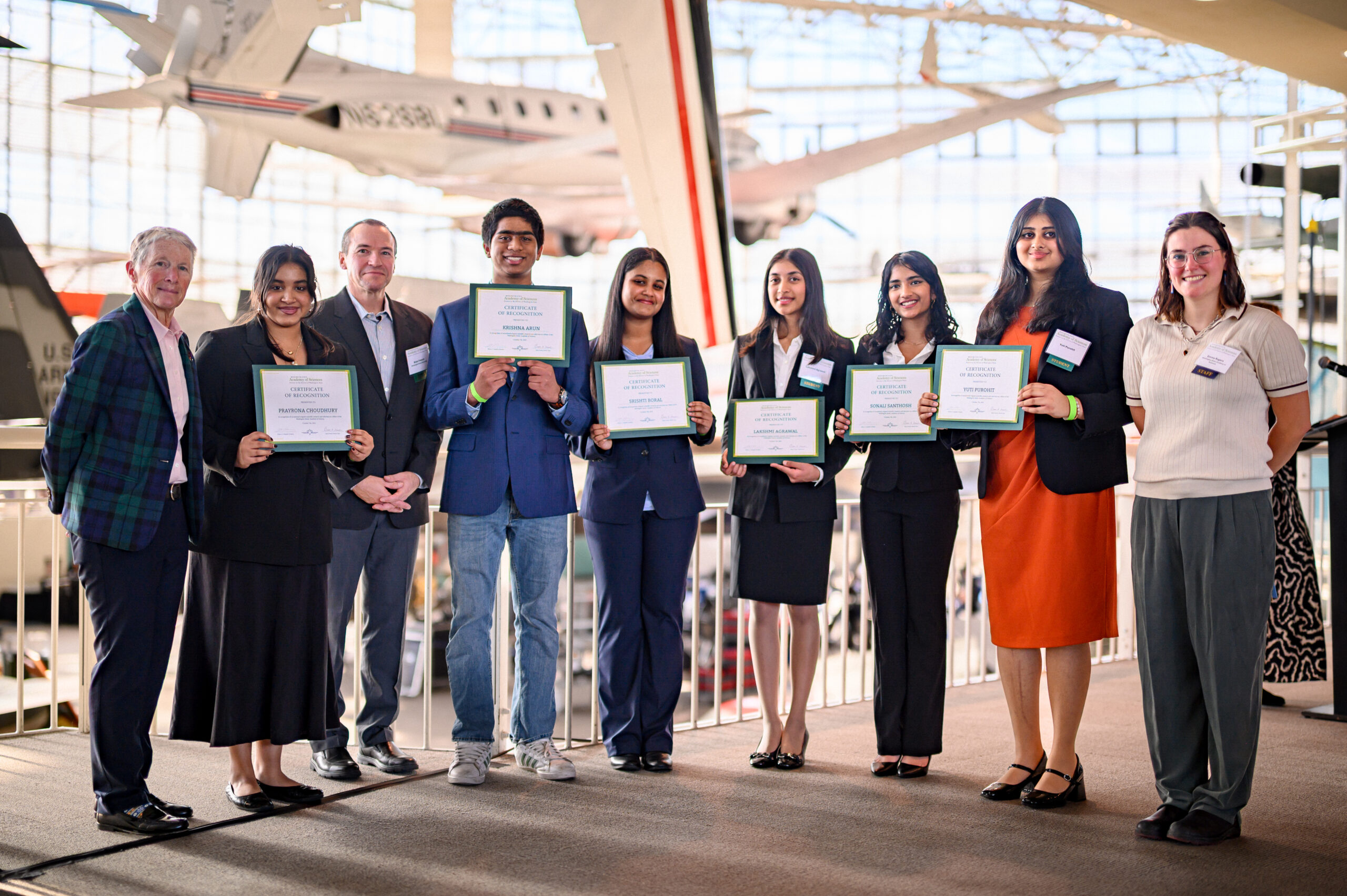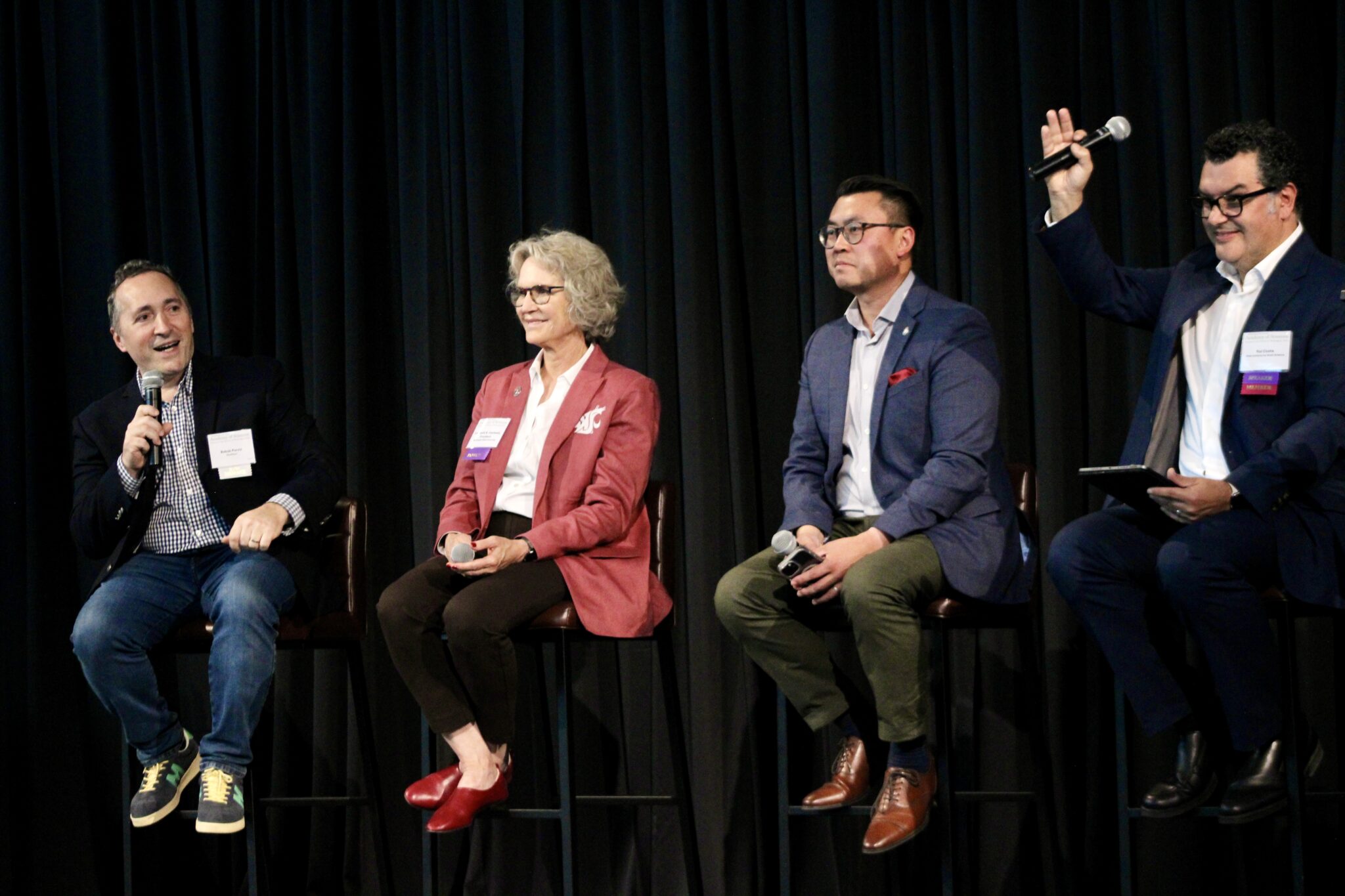
When I first learned about the Washington State Academy of Sciences from my local state legislator back in the Fall of 2015, I immediately took a close look. After I read about its origins with Governor Christine Gregoire and the state legislature, and its design by National Academy of Sciences’ members, I was even more intrigued. What was this organization in my newly adopted state that was designed to be like the Academy where I began my career in science policy in the mid1980s? I needed to know more.
We have made great strides in emulating some key features of the National Academies, while adding a few nimble innovations of our own. We have increased the engagement of our members and our visibility in the state. We have adapted to the unique policy-making attributes of Washington state, so that we can provide timely and impactful evidence-based advice on important matters of science and technology. And we have grown significantly over the last several years as reflected by metrics that matter – increases in funding and in the number and impact of our projects, and the number of elected and active members, staff, and key consultants. We can and will do more, and I am confident that my successor and the WSAS community will have a great future.
While I appreciate greatly the kudos that are being sent my way, it is important to note that I was only able to lead WSAS to where it is now because of two critical supports. First, a consistently strong and committed Board of Directors presided over by a succession of exceptional presidents — Gordon Orians, James Cook, Ed Lazowksa, Earll Murman, Subash Singhal, Guy Palmer, Nancy Woods, Alan Konopka, Anjan Bose, Ronald Thom, Roger Myers, John Roll, and now Allison Campbell. Without their ever-present encouragement and support, and willingness to take a few calculated risks along the way, we would not have gotten out of the starting gate, much less through the pandemic. In addition, the tireless volunteerism of our members to engage and bring the highest quality and standards to advising state policy makers truly makes the WSAS a model for the nation. Moreover, we have attracted great staff talent who bring their own broad range of skills to our work, and are equally committed to our mission, science in the service of Washington State.
It has been a deep honor working with you all. Please accept my sincerest thanks and appreciation. As I move on to my next act, which includes an ongoing affiliation with WSAS, I will continue to be an evangelist for high-quality, evidence-based advice to policy makers in states across the nation, because I firmly believe that the states are where the real action is and will be for the foreseeable future.
Warmest regards,
Donna
Related Posts
January 23, 2026
A new initiative from the Washington State Academy of Sciences called Growing with AI will bring together the state’s tech giants and diverse farming community to tackle pressing challenges in the agriculture industry.
October 28, 2025
WAJAS is a WSAS program recognizing exceptional high school students from across the state for outstanding original scientific research and offering opportunities to connect with the research community in Washington and beyond. Fellows were publicly honored alongside Washington's top researchers at the WSAS 20th Anniversary Celebration on October 7.
October 14, 2025
Amid political polarization and uncertain federal research policy, Washington leaders are betting on stability through a unique innovation ecosystem rooted in the state’s institutions and businesses. That was a theme at the 20th anniversary celebration of the Washington State Academy of Sciences, held Tuesday evening at Seattle’s Museum of Flight.


